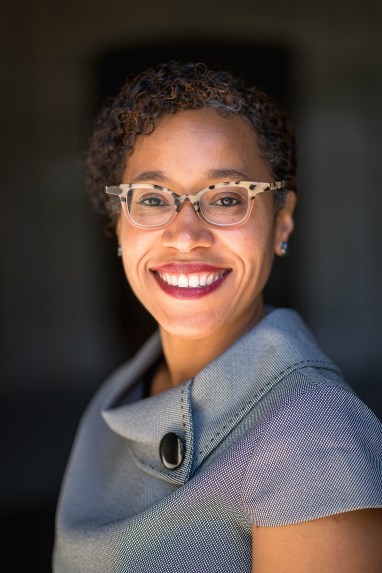
Pomona College math professor Omayra Ortega introduced a social justice component to the Introduction to Statistics class (MATH058 PO) offered this semester, prompting backlash from some students — several of whom were featured in a Claremont Independent article critical of the changes.
Ortega incorporates a different social justice issue into her class each week to illuminate topics in statistics and make the class more engaging. She said she made this change in response to student input.
“I took the direction from my students,” Ortega said. “I saw that they were very active and engaged in these topics of social justice, and so as every teacher does, you want to make your class as interesting as possible.”
Ortega said her class is an innovative way to fill the Analyzing Differences overlay requirement at Pomona.
It also allows for an approach to statistics that is different than just analyzing coin tosses, Ortega said.
The class, which is the only Introduction to Statistics class offered at Pomona this semester, covers the same topics as the introductory statistics classes offered at Claremont McKenna College and Harvey Mudd College, Ortega said.
“I would even make the analogy that the class is sort of like [a] cake,” Ortega said. “The statistics are the cake and the icing is social justice.”
The math department has long been looking to make mathematics a more inclusive space, said Adam Starr PO ’18, a department liaison. He said the discussion of the role of social justice in statistics is one way to increase inclusivity.
“People often think of math as [a] very white male space,” he said. “Part of that is a discussion of the role of math in social justice and the role of social justice in math, and [Ortega] seems to have found a great way to connect the dots.”
Will Gu PO ’20, the author of the article and an editor-in-chief of the Independent, wrote in a message to TSL that the article itself did not object to Ortega’s curriculum.
“The article we wrote was a news article,” Gu wrote in a Facebook message to TSL. “It stated the facts of the change.”
The article quoted students who were critical of the course and raised concerns about the course’s perceived liberal agenda. One math student, who spoke to the Independent on the condition of anonymity, said “The beauty of math is that it is objective — it holds true regardless of culture, politics, and so on. If you’re teaching social justice in a math class, you’re not teaching math.”
The students quoted are the only ones who agreed to be interviewed by the Independent, editor-in-chief Alec Sweet PO ’20 wrote in a message to TSL.
Ortega said she doesn’t think it’s possible to be objective in mathematics in the first place.
“Science is being conducted by humans regardless, so there will always be that perspective,” she said.
Chris Donnay PO ’18, a math major, concurred.
“It’s important to bring social justice into math because math is not objective and the idea that math is immune from society, culture, and your own perception is completely false,” he said. “Who you are permeates everything you do and math isn’t immune from those things.”
Starr and Donnay dismissed some of the objections cited by students in the Independent’s article. Understanding the societal impact of statistics will create more engaged citizens, they said.
“It’s super important to put statistics in the context of social justice because we are seeing that happen more and more in the real world,” Donnay said. “You should be able to critique the societal impact of statistics.”
Ortega also contested the idea that examining statistics related to social justice pushes a liberal agenda. She said that her class discusses the same standard topics as a statistics course.
“No one is pushing an opinion at all,” she said. “We are just analyzing data.”
Ortega claimed that although the class description has changed to explain that a social justice component has been added, the syllabus is no different than before, contrary to what the Independent said.
Starr and Donnay said they were perplexed that the class had created controversy at all.
“I think it’s partially an imagined controversy,” Donnay said. “It just seems kind of petty.”

Facebook Comments